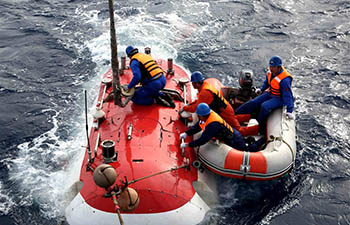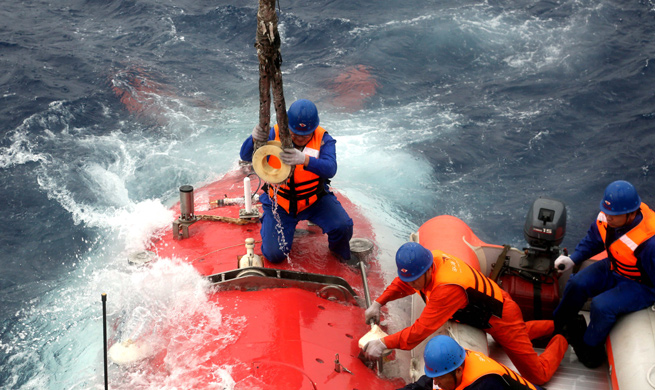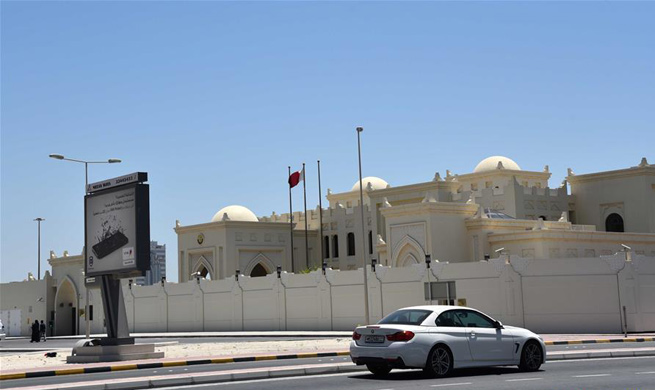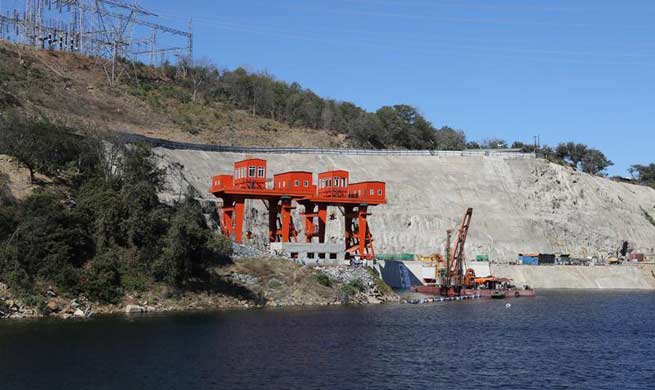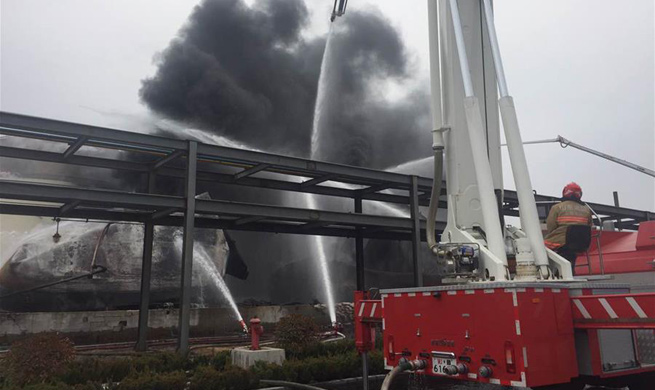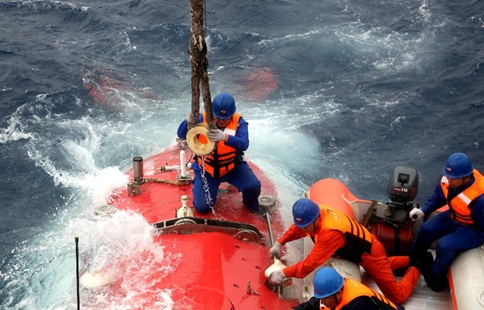DUBAI, June 5 (Xinhua) -- Farouk Soussa, the Chief Economist for the Middle East at U. S. lender Citi, said on Monday the latest rift between Qatar and its Gulf Arab neighbors are "significantly more serious" than the incident in 2014, when comments made by a Doha-based cleric sparked a row that resulted in a severing of diplomatic ties between March and November of that year.
Soussa pointed in his e-mailed analysis at the announcements by the governments of Saudi Arabia, Bahrain, UAE, Yemen, Egypt and Libya on Monday morning that they cut diplomatic ties to gas-rich Qatar over allegations that the latter is pursuing policies that are "destabilizing" the region, including support for regional "terrorist" groups and for Iran.
He said "It is not clear what is required of Qatar for these sanctions to be lifted, and it is therefore difficult to estimate how long they will remain in place."
On the one hand, argued Soussa, the severity and extent of the sanctions this time may argue for a quicker resolution as Qatar will be particularly incentivized to resolve any differences with Gulf states as soon as possible.
"On the other hand, one may equally draw the conclusion that the position of Qatar's gulf neighbours has hardened relative to 2014, and that Qatar would need to do a lot more to satisfy them," he pointed out.
Potential long-term impacts of the latest development could include, he said, "a rise in food prices/inflation - a significant portion of Qatar's food supply comes overland via Saudi as switching to air and sea routes would raise costs."
The economist also expects "a fall in economic growth - the construction sector, is a key driver of the Qatari economy and is partially dependent on overland routes for supplies."
Risks to viability of the FIFA World Cup, which Qatar will host in 2022, were also in place following the escalation of the diplomatic row, said Soussa.
Soussa also noted that liquidity in Qatar's banking sector has been severely impacted by falling oil prices, and that financial conditions have tightened and foreign liabilities in the banking sector have ballooned (currently 105 billion U.S. dollars - compared with 34 billion dollars net foreign exchange reserves).
"We believe that prolonged sanctions would exacerbate this and potentially make financing of external liabilities more costly/difficult," said Soussa.
The local stock market Qatar Exchange plummeted and closed 7.27 percent lower at an 18-month low on Monday.







